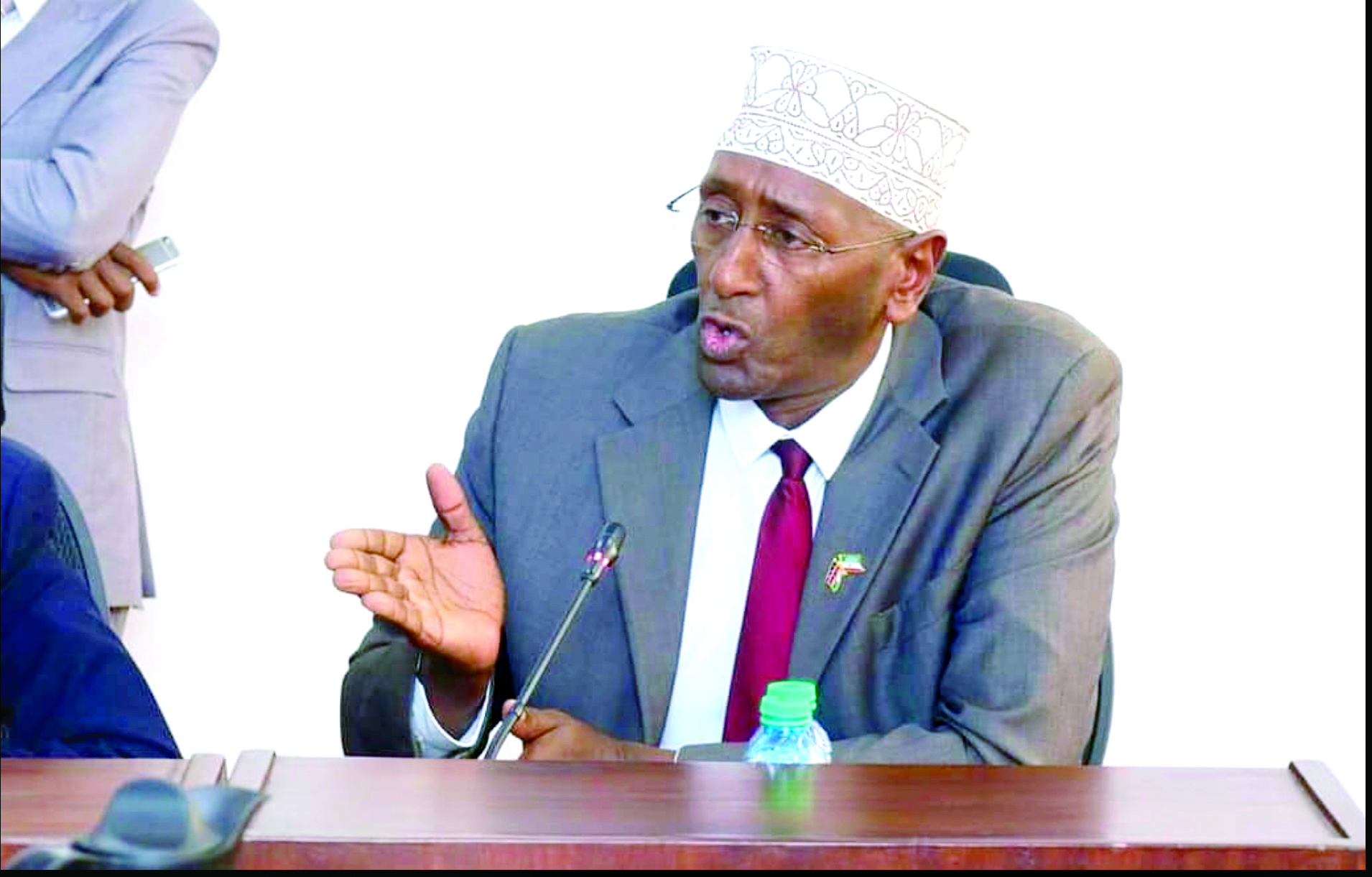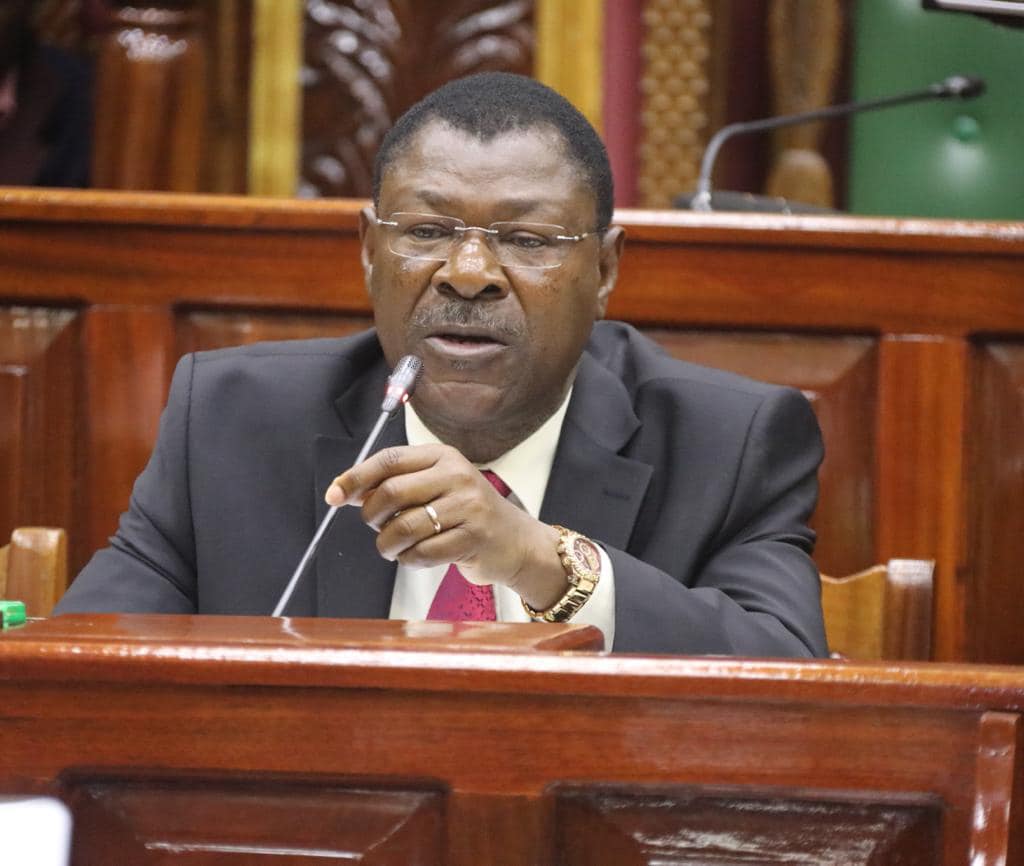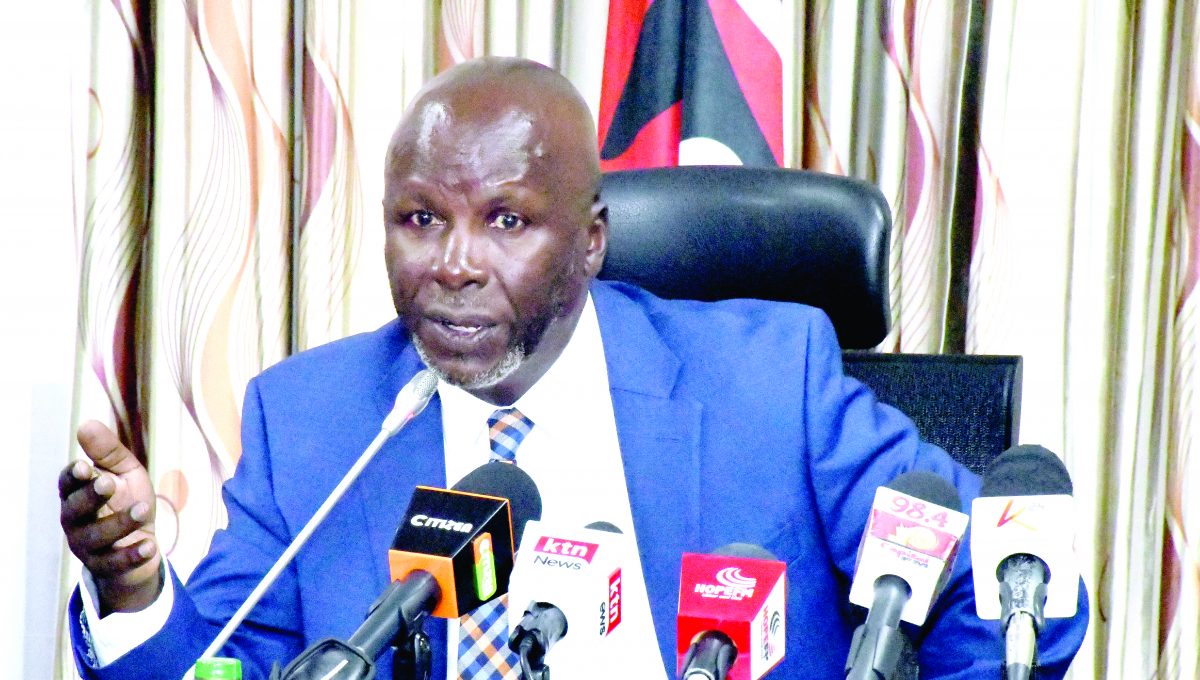State agencies indicted for keeping over 60 in office

At least 29 State agencies have been indicted for retaining employees who are beyond 60 years failing to adhere to ethnic composition.
Senate’s committee on National Cohesion, Equal Opportunity and Regional Integration chaired by Marsabit senator Mohamed Chute raised concerns that the Kalenjin and Kikuyu communities had the highest numbers of staff in the composition while the Tharaka, El Molo, Rendile and Mijikenda had the lowest number.
The report shows that some state agencies had employed persons beyond the mandatory retirement age of 60 years and 65 for Persons with Disabilities (PWDs) while others had not achieved at least 5 percent of PWDs in their workforce.
The report further fingers the state agencies for failing to utilize other means of advertising employment opportunities apart from print and electronic media.
Reads the report: “The Public Service Commission (PSC) should within one year conduct an audit of the laws regarding inclusivity and identification of possible legislative gaps and possible amendments to the Senate in order to facilitate the inclusivity in employment in all State Agencies and provide Quarterly reports to the Senate.”
Agencies in question
The agencies in question include Kenya Electricity Transmission Company (KETRACO), Kenya Veterinary Vaccines Production Institute (KEVEVAPI), Kenya Animal Genetic Resources Centre, Export Processing Zone Authority (EPZA), Kenya Forestry Research Institute (KEFRI), Uwezo Fund Oversight Board, National Irrigation Authority (NIA), Kenya Industrial Research and Development (KIRDI), Kenya Electricity Generating Company (KENGEN), Rural Electrification and Renewable Energy Corporation (REREC), Energy and Petroleum Regulatory Authority (EPRA), Geothermal Development Company (GDC) and Youth Enterprise Development Fund Board (YEDF).
Others are Kenya Seed Company, Kenya Meat Commission (KMC), Pharmacy and Poisons Board, Kenya Dairy Board, Sports Arts and Social Development Fund, Parliamentary Service Commission (PSC), National Government – Constituencies Development Fund Board (NG-CDF), Kenya Roads Board, Kenya School of Government (KSG), Kenya Bureau of Standards (KEBS), Teachers Service Commission (TSC), Kenya Medical Research Institute (KEMRI), Kenya Medical Supplies Authority (KEMSA), Kenya Agricultural & Livestock Research Organisation (KALRO) and KP.
Gender rule
Although the committee praised the agencies for complying with the two-thirds gender rule, it raised concerns that some of them were yet to submit their human resource instruments for approval by the Public Service Commission.
Following the move the committee directed the agencies to develop and implement progressive Human Resource Policies approved by the Public Service Commission (PSC) that comply with the relevant legal provisions in order to foster inclusivity in staff composition.
It also wants the agencies to adopt and implement recruitment terms such as short contracts and internships in order to improve the representation of those who are currently under-represented such as women, persons with disabilities, youth and minorities and marginalized groups.
Reads the report “State Agencies should adopt and implement recruitment terms such as short contracts and internships in order to improve the representation of those who are currently under-represented such as women, persons with disabilities, youth and minorities and marginalized groups. State agencies should comply with the directives given by the Public Service Commission and State Corporations Advisory Committee (SCAC) in the development and approval of Human Resource instruments.”
With regards to KETRACO, the report shows that out of 540 employees, 155 are female and 385 are male with the Kalenjin community being the most dominant tribe with 128 employees (25 per cent), Kikuyus are second with 80 employees (16 per cent) while the Luhya community is the third with 69 employees (14 per cent).
KEMSA has 2164 employees out of which 870 employees are Female and 1294 are males. On ethnic composition, Kikuyus are the majority at 13 (23 percent), followed by Luo’s who are 89 (16 percent) while Luhya are 81(14 per cent).
KEFRI has 852 employees, out of which 326 are female and 526 are male with about 16 employees being above 60 years.
The Kikuyu community is the most dominant community with 244 employees (29 employees), followed by Luo who is 117 (14 per cent) and the Kalenjin community comes third with 107 employees










